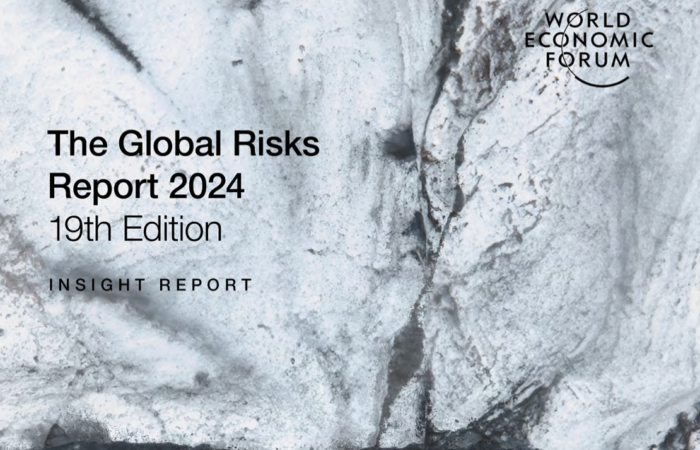
If you are one of the 156 million Brazilians who regularly go online, you have probably noticed Pablo Marçal's strong presence on your timeline. The candidate has crossed the borders of São Paulo, where he is running for mayor, less for his projects for the administration of the largest city in the country and more for his enormous engagement on social media, which, before being suspended by the Electoral Court, had around 17 million followers, a number greater than the combined population of São Paulo and Greater Porto Alegre.
Marçal is engaging because he arouses both love and hate, we cannot deny it. There are those who love him for his ideas and energy, but also because they feel avenged by the damage he causes to the “system,” as he defines the current model of functioning of Brazilian politics. For the other group, he is nothing more than a dishonest and dangerous individual, with ambitions for 2026. However, my goal is not to analyze the candidate, but rather how we, the voters, will learn to navigate and make decisions in this environment so full of noise, accusations and vulgarity.
“It is time to look at this context more objectively and seek out tools that help us understand it.”
It is a fact that technology has created business models with new ways of producing, distributing and consuming information. Much of what happens in the online universe, from legitimate businesses and professions to opportunistic uses, is a novelty that is still unknown and poorly digested by a large part of the population and traditional politicians. But it is an undeniable reality and is here to stay.
This places each of us before the responsibility of better understanding its impact on our daily lives and, at this moment, on politics. Between video cuts, censorship, memes, phrases taken out of context and deepfakes, more and more politicians from different parties are throwing us into the insecurity that comes from the unknown. It is time to look at this context more objectively and seek the tools that help us understand it and focus on what is important for us and our cities.
It is in these moments of uncertainty, when a decision we make will have a major impact on our lives and society, that professional journalism is strengthened. Not just opinions, engaged criticism or the exchange of insults, but true reporting, based on facts and data, with investigation, checking and in-depth analysis, agile and accessible, which we, the public, truly seek and deserve.
Anik Suzuki, CEO of ANK Reputation and member of the Editorial Board of RBS
aniksuzuki@ankreputationfeed.com.br
- Article originally published in Zero Hora on August 31, 2024



